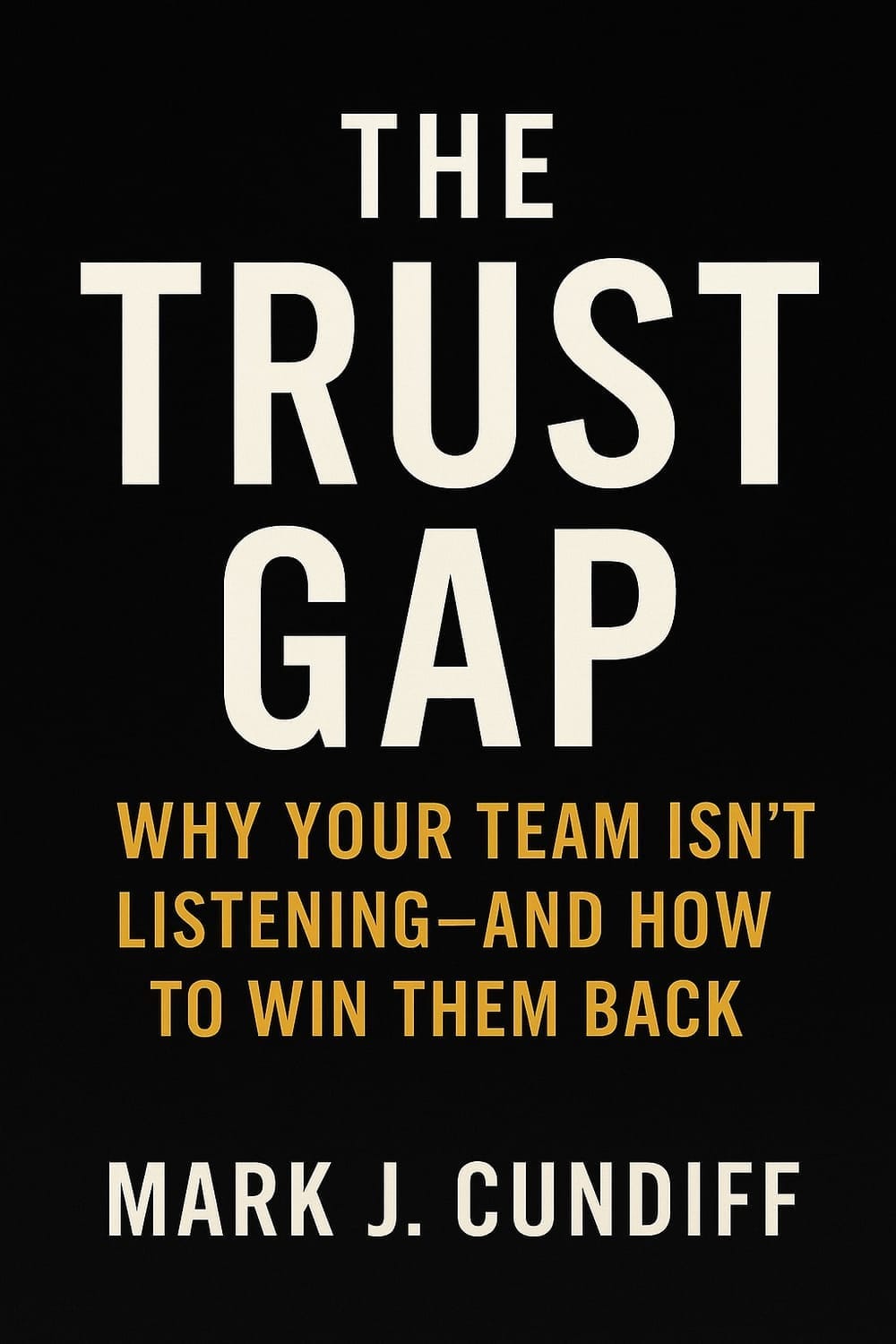The Championship Mindset: Nick Saban's Blueprint for Leading Through Success and Failure - Global Leadership Summit 2025
What separates great leaders from good ones?
What allows some to build dynasties while others flame out after early wins?
These questions challenged me as I absorbed insights from Nick Saban's session on "Leading 4 Success" at this year's Global Leadership Summit.
Here's a coach who didn't just win—he built a machine that kept winning, year after year, through roster changes, setbacks, and the crushing weight of expectations.
The wisdom he shared isn't just about football. It's about building something that lasts, whether you're leading a team of five or five hundred.
Start with the Foundation: Goals and Process
Saban's approach begins with a deceptively simple question he asks every new player: What is your goal, and do you know the process to achieve it?
Think about your own team for a moment. How many of your people could clearly articulate not just what they want to accomplish, but the specific steps required to get there? Saban understands that dreams without process are just wishes.
His foundational principles create the bedrock for everything else:
Be a team. This isn't about feel-good slogans on the wall. It's about recognizing that individual excellence means nothing if it doesn't serve the collective mission.
Buy into the process. Success isn't accidental. It's the result of deliberate, consistent actions repeated over time. When everyone commits to the same process, magic happens.
The Uncomfortable Truth About Mediocrity
Here's where Saban gets brutally honest: Mediocre people do not like productive people, and vice versa. They can't co-exist in your organization.
This might make you uncomfortable. It should.
As leaders, we often try to manage around mediocrity instead of addressing it directly. We accommodate, we make excuses, we hope it will improve on its own.
Saban reminds us that if we want to succeed, we need people with passion and perseverance—and we need the courage to build teams where excellence is the standard, not the exception.
Reframe Your Relationship with Failure
One of the most powerful insights from Saban's approach is this: Do not waste your failures!
We live in a culture that celebrates success and hides failure. But championship-level leaders understand that failure isn't the opposite of success—it's a prerequisite for it.
Every setback contains data. Every disappointment holds lessons.
The question isn't whether you'll fail. The key is whether you'll extract value from that failure to fuel your comeback.
Focus on doing your best, because doing your best consistently will lead to successful outcomes. This shift in focus from outcome anxiety to process excellence is a game-changer for sustainable performance.
The Harder Challenge: Dealing with Success
Here's something most leadership advice gets wrong: Saban argues that dealing with success is actually more difficult than dealing with failure.
When you're down, you're hungry.
You're focused. You're willing to do whatever it takes. But success? Success makes you comfortable. It whispers that maybe you can coast a little, that maybe the rules that got you here don't apply anymore.
Saban's antidote to success toxicity comes down to three principles:
Compassion for others - Success without empathy creates isolated leaders who lose touch with their teams.
Accountability - The standards that built your success must be maintained, not relaxed.
Do your best to be the best - Excellence is a moving target. Yesterday's best isn't good enough for tomorrow's challenges.
Wisdom from the Source
The three lessons Saban learned from his father distill decades of leadership into timeless truth:
Stay focused on things you can control. How much energy do you waste worrying about market conditions, competitor moves, or organizational politics? Channel that energy toward what's actually in your hands.
Be motivated by internal factors, not external noise. External validation is fickle. Market applause is temporary. The only sustainable motivation comes from your own standards and values.
Your Championship Blueprint
As I reflect on Saban's insights, I'm struck by how applicable they are regardless of your arena. Whether you're building a startup, leading a department, or coaching a Little League team, the fundamentals remain the same.
Start here:
Clarify the process. Don't just set goals—map the specific steps required to achieve them.
Audit your team. Are you tolerating mediocrity that's undermining excellence?
Reframe failure. What recent setback can you mine for learning and fuel?
Check your success habits. Are you maintaining the disciplines that got you here?
Focus your energy. What are you worrying about that you can't control?
The championship mindset isn't about perfection—it's about process. It's about building something sustainable that can weather both the storms of failure and the more dangerous sunshine of success.
What process will you commit to this week?
What mediocrity will you address?
What failure will you transform into fuel?
Your championship season starts with these choices.
The Complete Global Leadership Summit Article Index
John Maxwell: The Legacy You Leave
Craig Groeschell: Leadership Consistency: The Boring Secret to Long-Term Success
Erica Dhawan: The New Leadership Advantage: Connectional Intelligence
Thasunda Brown Duckett: From Love and Faith to Leading a Trillion-Dollar Portfolio
Christine Cane: Don't Drift: Three Questions Every Leader Must Answer
Juliet Funt: The Power of Precision: Choosing Great Over Good
Join over 3,900 Fellow Leaders reading The Learning To Lead Newsletter each week!
Recent Articles

Join over 4,000 Fellow Leaders reading The Learning To Lead Newsletter each week!
©2025 Learning To Lead | Helping Good Leaders Become Great Leaders


